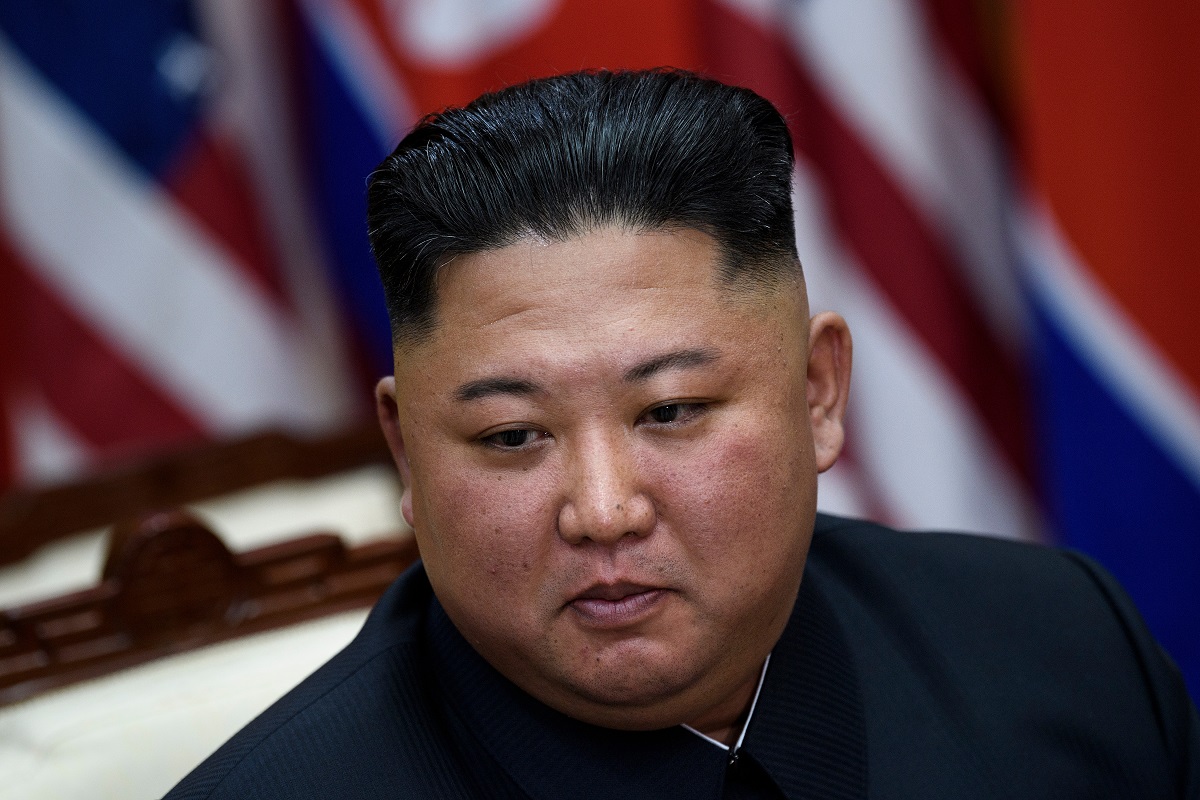Number of aircraft at South Korean carriers reaches new high
The number of planes owned and operated by South Korean airlines reached over 400 last year, data showed on Sunday, marking the highest figure since record-keeping began.
When the South refused to restart the ventures, calling on the North to first move towards denuclearization, North Korea turned increasingly harsh towards Mr Moon’s government.

North Korea's leader Kim Jong Un (Photo: AFP)
Geostrategy has assumed awesome proportions with North Korea signalling its resolve to cut off all communication lines with South Korea, including military hotlines, as it vowed to reverse a recent détente on the Korean Peninsula and start treating the South as an “enemy.”
Tuesday’s decision is bound to exacerbate bilateral tension across the Demilitarized Zone (DMZ). Pyongyang’s decision to treat the South as an “enemy” is the latest sign of chilling relations between the two Koreas. To the extent that the North has stressed that relations towards the South should “thoroughly turn into one against the enemy.
Advertisement
We have reached a conclusion that there is no need to sit face to face with the South Korean authorities, and there is no issue to discuss with them, as they have only aroused our dismay.” Fairly dense is the unseasonal frost in the ties. North Korea refused to pick up the phone on Tuesday morning when the South made its routine daily call on the military hotlines between the two countries.
Advertisement
The North’s tone was a sharp reversal from two years ago, when a rare inter-Korean rapprochement culminated in South Korea’s President, Moon Jae-in, visiting Pyongyang, and then becoming the first South Korean leader to address a large North Korean crowd.
President Moon, it would be pertinent to recall, had brokered the recent summits between President Trump and President Kim Jong-un in Singapore and Hanoi. Though both meetings had ended without agreement on dismantling North Korea’s nuclear weapons programme, still less easing United Nations sanctions on the country.
North Korea’s economic isolation has subsequently deepened with the global coronavirus outbreak. It claims to be free from the deadly virus, a boast which is yet to be acknowledged by the comity of nations. Quite unlike the record of Taiwan which is known to be free from the catastrophe.
Since Mr. Kim’s diplomacy with Mr Trump collapsed, North Korea has ratcheted up pressure on the South to ignore Washington’s posturing and improve inter-Korean economic ties even before the North denuclearized.
It demanded the reopening of the joint tourism venture at its Diamond Mountain resort complex and of a joint industrial park in Kaesong, both of which had served as key sources of cash until they were shut down in disputes between the two Koreas.
When the South refused to restart the ventures, calling on the North to first move towards denuclearization, North Korea turned increasingly harsh towards Mr Moon’s government. Arguably, economic tensions that had been building up for some time have culminated in the latest rupture.
On Tuesday, North Korea said that it had decided to “cut off all the communication and liaison lines” between the two Koreas, including the hotlines between their leaders’ offices and their militaries. The move was only the start of what the North called “phased plans for the work against the enemy.”
In the South Korean perspective, these hotlines are intended to avert unintended armed clashes between the two militaries at times of rising tensions on the peninsula. Has such a time arrived?
Advertisement